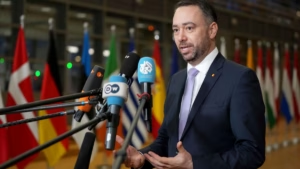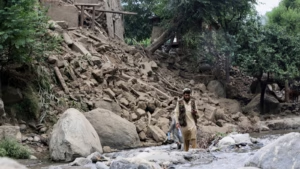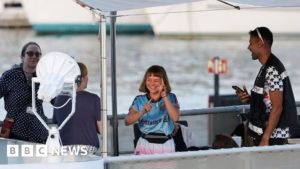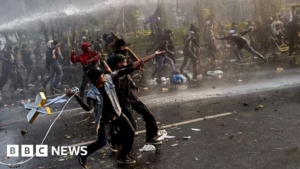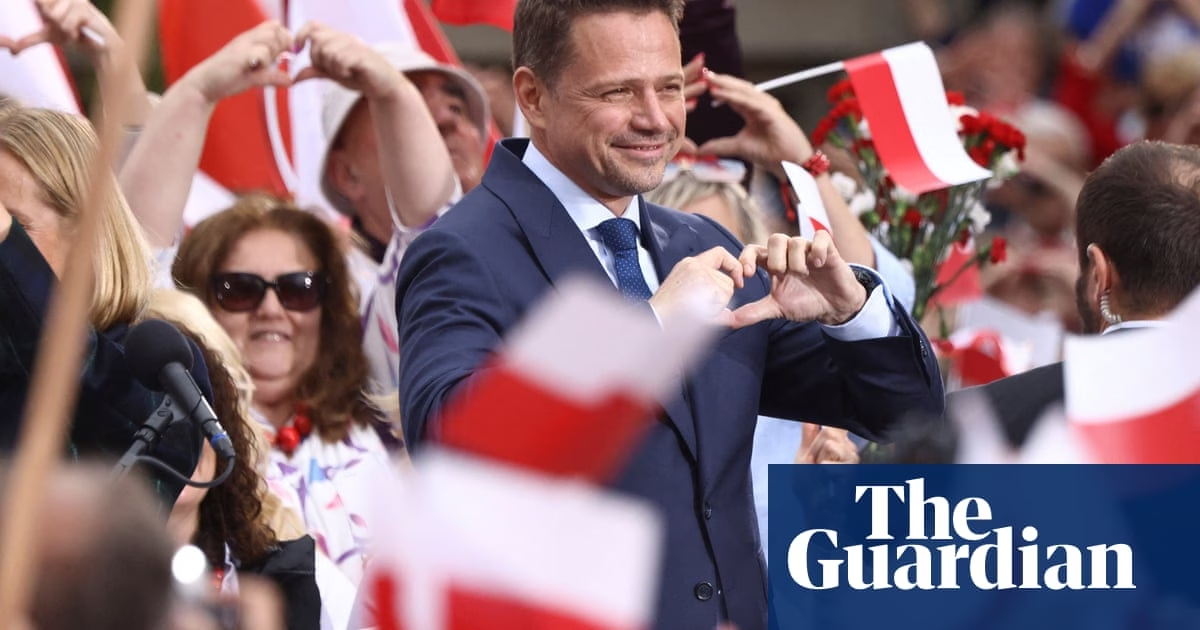Poland is bracing for a highly anticipated presidential runoff, set to take place on Sunday, which is shaping up to be the closest since the country transitioned away from communist rule. This election is pitting two distinctly different visions for Poland against each other. The current conservative populist president, Andrzej Duda, narrowly edged out his pro-European centrist opponent, Rafał Trzaskowski, by a slim 51% to 49% margin in the 2020 election.
The upcoming runoff between Trzaskowski and nationalist right-wing historian Karol Nawrocki, who is backed by the populist Law and Justice party (PiS) which ruled Poland between 2015 and 2023, is expected to be even more contentious. Polls suggest the gap between the two candidates is within the margin of error, underscoring the potential for a very close outcome.
The result of the runoff is pivotal for Poland’s political trajectory. If Trzaskowski, who is politically aligned with Donald Tusk, were to win and secure a parliamentary majority for his coalition government, the country could move towards a more progressive legislative agenda. Conversely, a victory for Nawrocki would likely block this progressive path by introducing a critical opposition president empowered with the ability to veto laws.
The small municipality of Siekierczyn, nestled in the southwest of Poland with a population of 4,265 spread across eight villages, was thrust into the spotlight after the first round was decided by a single vote. Speaking to his supporters before the runoff via a social media video, Trzaskowski highlighted the significance of every vote, referencing the lawsuit outcome as evidence that individual votes matter.
In Siekierczyn, campaign posters have taken over notice boards, and while rural revitalization and energy transition top the list of local concerns, there is also a palpable sense of division among the residents, perpetuated by the polarizing election. The village is emblematic of a broader socio-political rift pitting older, less-educated individuals against younger, more worldly citizens. The rejuvenation of neglected public spaces has provided a local beacon of hope, but the village toils under problems such as depopulation.
The emotions are running high, with political disagreements seeping into family gatherings. It exemplifies a wider polarizing trend across Poland, with the younger generation strongly supporting Trzaskowski, who is for a progressive Poland, while older populations leaning towards Nawrocki, who has pledged to protect national sovereignty and uphold conservative values.
The political fervor intensifies on weekends in Siekierczyn with pro-Nawrocki gatherings, where supporters air grievances concerning European integration, such as the prospect of a European army and environmental policies. They see Nawrocki as a candidate who will uphold their freedom, traditional values, and secure economic commitments, such as state pension payments and free prescriptions.
Conversely, Trzaskowski’s surprising win in the first round by 77 votes at a polling station within a prison division has sparked controversy. Critics argue that it was not the residents but prisoners who tipped the scales in favor of Trzaskowski, a point of contention amid the presidential campaign.
The fervor of the election is palpable on the streets of Siekierczyn and within the homes of its residents, reflecting the national zeitgeist and indicating that this runoff will be a decisive moment in Poland’s future.
Source: https://www.theguardian.com/world/2025/may/31/poland-close-presidential-election-runoff
